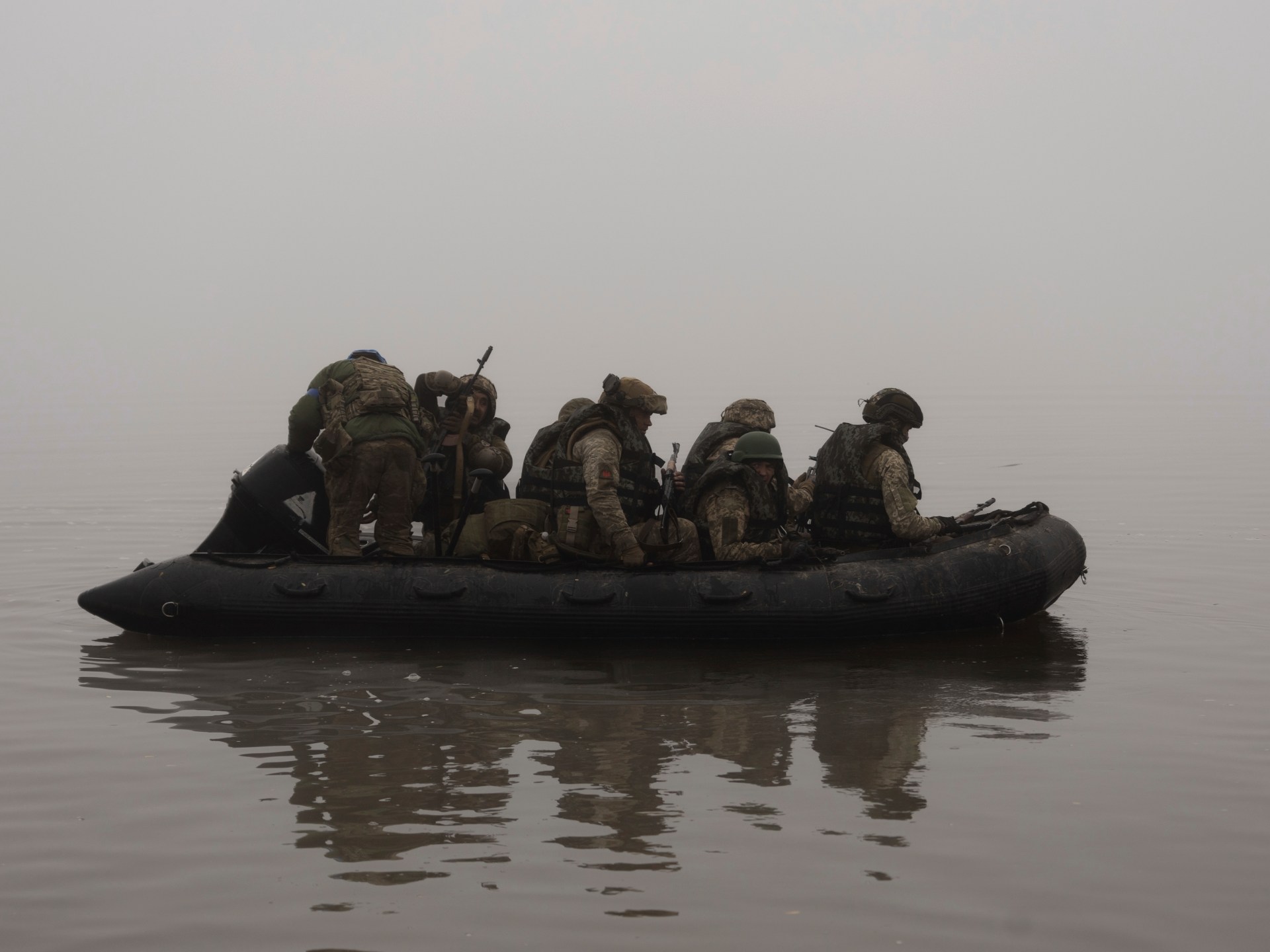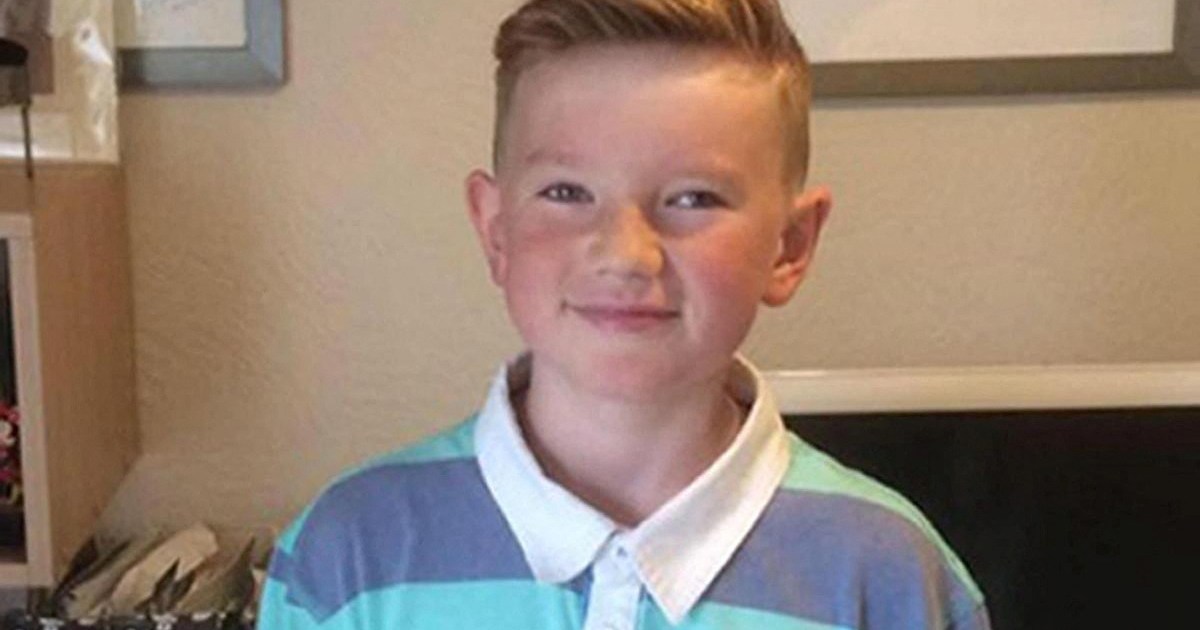Malawi’s populist crackdown on refugees betrays its legacy
Historically, Malawi is one of Africa’s friendliest host nations for refugees fleeing strife in its neighbourhood. It is a proud legacy Malawi has rightly earned since independence in 1966.
However, recently, Malawi’s reputation for welcoming refugees is unravelling – and that’s dangerous.
The Dzaleka refugee camp in Malawi is one of one of Africa’s largest. Thousands of vulnerable women, children and men have found home inside after having to escape violence in Mozambique, the Democratic Republic of the Congo and Burundi. Outside the camp, the refugees have established relations and businesses in towns, villages and cities.
However, under President Lazarus Chakwera, Malawi has ordered all refugees who have settled in out-of-camp communities to herd back to the overcrowded Dzaleka camp. Reports say military force has been used to coerce refugees back into the camp.
‘Children will have to leave schools’
The forced relocations will have disastrous consequences on many refugees’ lives in terms of providing basic necessities of healthcare, food and protection, the United Nations refugee agency, UNHCR, has warned Malawi’s government.
Refugees are dynamic people with business, schooling or social aspirations, which is why they have established small businesses in Malawi’s host communities. Force-marching them into one holding camp destroys the income and livelihood from businesses owned by refugees.
That includes the incomes of the local Malawians they employ. This is particularly cruel at a time when there is a serious global shortage of financial pledges for refugees.
As Cyr Modeste Kouame, the UNHCR’s representative in Malawi told me when I wrote to him recently: “The relocation means that children will have to leave their schools, and for breadwinners to abandon their employment or small businesses and return to a camp where they will be dependent on humanitarian assistance.”
Congested lives
Malawi’s order for refugees to abandon their homes in Malawi’s cities and villages will squeeze them into a camp that has not expanded in keeping with the growing pressure on its resources.
The Dzaleka camp, originally built to host 12,000 inhabitants, presently accommodates nearly 50,000 people. In an era when we have all become accustomed to social distancing because of public health concerns, such a crush of people is not only morally improper but also medically concerning.
The alleged manner of relocating refugees – taking some of them to a prison en route to the Dzaleka camp – is condemnable.
Globally, refugees consist of groups of people who have often faced imprisonment in countries they have fled. Jailing them – however briefly as Malawi’s authorities allegedly did – is plainly retraumatising.
Dangerous deportations
Perhaps the most striking threat to refugees’ rights is Malawi’s recent drive to take back passports from refugees whom it accuses of fraudulently acquiring Malawian passports and IDs.
Chillingly, it plans to repatriate back hundreds of refugees whom it accuses of being ‘criminals’ running from justice in countries like Rwanda.
This is illegal.
The rights of refugees against being forcibly returned to countries where they could face persecution – are a key cornerstone of the UN 1954 Refugee Convention. Refoulement, as such forced repatriation is known, breaches international law.
Malawi will be crossing this Rubicon if it summarily deports refugees back to their countries of persecution without adequate open and transparent judicial oversight.
There are too many ghastly examples of refugees being deported to their home countries across Africa and facing dire reception.
For example, the high-profile rendition of Hotel Rwanda icon, Paul Rusesabagina, back to Rwanda where he allegedly faced torture and imprisonment – is unconscionable.
Another example – very near Malawi – in 2011, involved South African state security agents who blatantly and illegally deported a group of immigrants to Zimbabwe, where they reportedly faced harsh treatment.
Malawi doesn’t want to veer into this territory which could bring dire outcomes for deported refugees.
Thoughtless populism
Malawi’s newfound hostility to refugees is populist. Chakwera is struggling politically under huge corruption scandals in Malawi, a stressed economy, rising discontent and an inability to fulfil election promises.
Malawi’s next election is coming up soon in 2025, and he could face defeat.
Cracking down on refugees wins him favour with disillusioned domestic audiences who are tempted to look away at his governance shortcomings.
Such political populism, wagered on cracking down on refugees, is a growing phenomenon.
In nearby countries like South Africa, threats to kick out refugees have won dubious characters power in cities and parliament.
Africans themselves are constantly victims of such policies employed by European nations. Across the Indian Ocean, India routinely targets Rohingya refugees who have escaped genocide in Myanmar.
Malawi, with its fine historical tradition of hosting thousands fleeing violence, must not join this bandwagon.
Refugees’ lives in Malawi are not just about refugees – this is also about Malawian citizens who have married and birthed children with asylum seekers and refugees.
Taking away refugees from society and forcing them back into an overfilled camp is essentially ripping away new Malawians from Malawians.
The views expressed in this article are the author’s own and do not necessarily reflect Al Jazeera’s editorial stance.




